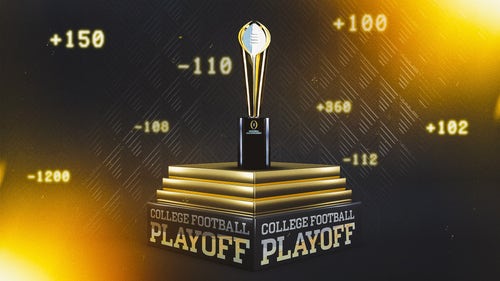
Nebraska Players Sue Big Ten
The Big Ten Conference canceled its fall football season, and on Thursday, eight Nebraska football players filed a lawsuit against the conference in response.
The lawsuit is looking to invalidate the postponement of the fall football season and to potentially award damages.
The eight players listed on the lawsuit are Garrett Snodgrass, Garrett Nelson, Ethan Piper, Noa Pola-Gates, Alante Brown, Brant Banks, Brig Banks and Jackson Hannah.
The lawsuit was filed Thursday at Lancaster County District Court, alleging that the conference did not follow its governing documents in the process of suspending the season.
The Big Ten responded to the lawsuit on Thursday afternoon.
According to the suit, the athletes are questioning whether a formal vote took place to determine the fate of the football season.
On Aug. 10, one day before the fall season was officially canceled, Nebraska head football coach Scott Frost was adamant about wanting to play football in the fall.
On Aug. 11, the Big Ten conference sent out a statement announcing the postponement of fall sports this season, which included football.
A week later, on Aug. 18, the conference's commissioner Kevin Warren told multiple media outlets that a vote did take place and that the decision to postpone the season was final.
On that same date, Mike Flood, the players' attorney, sent a letter on behalf of 20 Nebraska parents requesting information regarding the conference's decision.
On Aug. 19, the Big Ten released an open letter to Big Ten players, parents and fans.
On Aug. 22, Nebraska athletic director Bill Moos spoke with Sam McKewon of the Omaha World Herald discussing how he, along with every other athletic director in the Big Ten, was in favor of playing the 2020 football season, while Warren was attending important meetings on their behalf.
"I knew where our people stood, but I would have liked to have been in the room when they expressed it to the commissioner and our presidents and chancellors," said Moos.
"The commissioner was operating in silos, and the silos weren't connected. And, in the end, that created varying degrees of communication not being delivered."
According to Flood, the lawsuit from the players isn't about money but "real-life relief."
This is a developing story.










